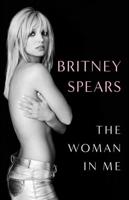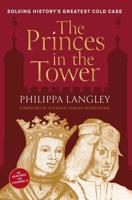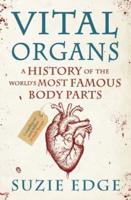Publisher's Synopsis
John Henry Reynolds was destined to be a captain of industry during the early pioneering days of Australia. In 1870, he arrived in Brisbane and quickly voiced his moral and political opinions as the new editor of the Courier Mail. John's heritage stemmed from the Reynolds, Opie and Tonkin families, of the Cornovii tribe of Cornwall. Over time, each generation of these families passed on to their descendants their unique set of inherited talents. John Opie and Sir Joshua Reynolds, two renowned portrait artists who lived in London during a dynamic and politically sensitive period, were ancestors of John's. John and Joshua had their own inner turmoil concerning some of their patrons, whose wealth was gained from their West Indies plantations, which were worked by slave labour. Follow the journey of great Uncle John, who found himself aboard a British ship involved in ridding the South American seas of pirates. His adventures give a fascinating insight into Britain's role of reshaping the political stage of South America. The story reveals Britain's efforts in the early 1800s to blockade Spanish slave trafficking. At the same time, Britain was fostering its own future trade interests in the area by forming alliances with former Spanish colonies. The Reynolds brothers were commissioned to manage mining operations in Cuba. They suffered abhorrent conflicts in their minds when confronted with the barbaric treatment of the working slaves. Under these conditions, the British government's sanctioning of the joint British-Cuban venture clashed violently with the men's Wesleyan ethics and beliefs. Ultimately, by going against their moral code, there was a price to pay in the future for the captains of industry's success in Cuba FROM THE EDITORS DESK The Cornish Captains of Industry provides an in-depth look at very specific portions of history and individuals of importance within them. A book of this calibre with its fresh approach to past Victorian events will excite history enthusiasts and those interested in the progression of industry. In particular, the story relates the journeys of individuals of Cornish families and their contribution to pioneering Brisbane journalism. What can the editor say finally.....it never ceases to amaze that the author can put so much information into so few pages. Cross-referencing with her book on the Raj (Raj, The Making and Unmaking of British India by Lawrence James) found that book to be 722 pages. The author has managed to put a whole family's history into just 200. This type of writing never loses the reader as it provides a picture of the family without rhetoric and boring para-phrasing. It doesn't have the 'Gensis factor' of boringly listing who begat who, rather a wonderful one page family tree that says it all. The editor would love to think that the author will never tire of providing the public with these wonderful insights into life which has passed us by many moons ago. Many thanks once again.








